Imagine what the Taliban did to the face of the mannequin?
Taliban's hatred of women transcends life, and it is now mandatory for shopkeepers to cover the faces of models.
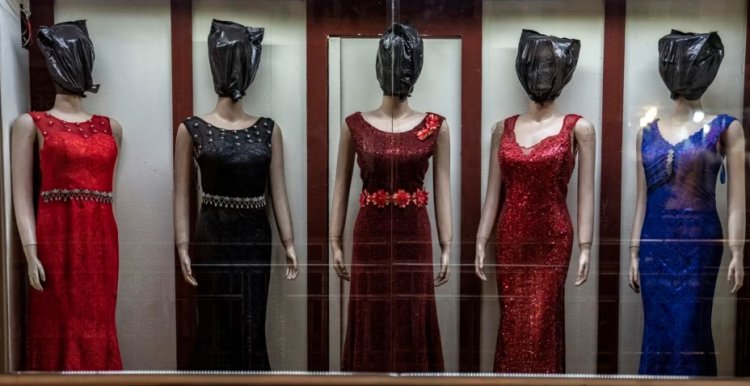
Earlier, the Taliban launched a campaign to cut off the heads of the mannequins that display clothes in "Fatarin".
Mannequin heads cut off
Taliban developed their view of these wooden models, and imposed on clothing stores in Afghanistan to cover the faces of the mannequins inside the "Fatarin".
Pictures circulating online showed mannequins in beautiful gowns, their faces covered with polythene bags, scarves and even aluminum foil.
Sarah Wahidi, an Afghan humanitarian worker, posted the photos on Twitter, to talk about the country's recent bizarre decision.
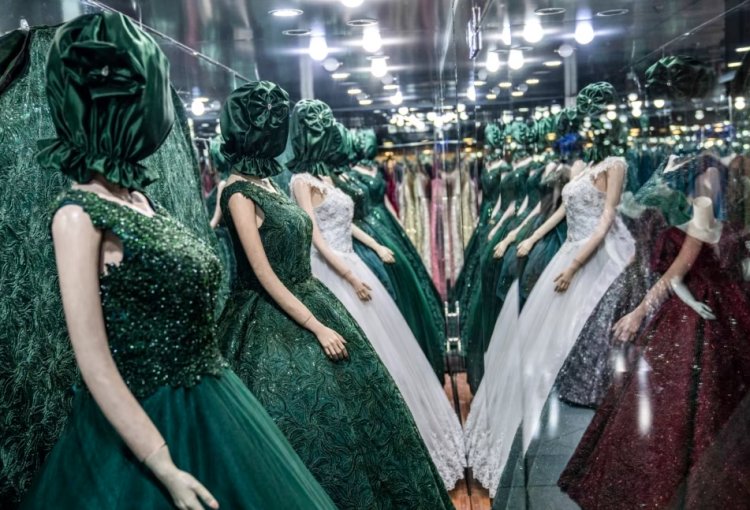
The arms and neck are bare
“The Taliban's hatred of women transcends life, and it is now mandatory for shopkeepers to cover the faces of models.
she added “These miserable images are a sign of how bad life would be for Afghan women if the world did not stand with them".
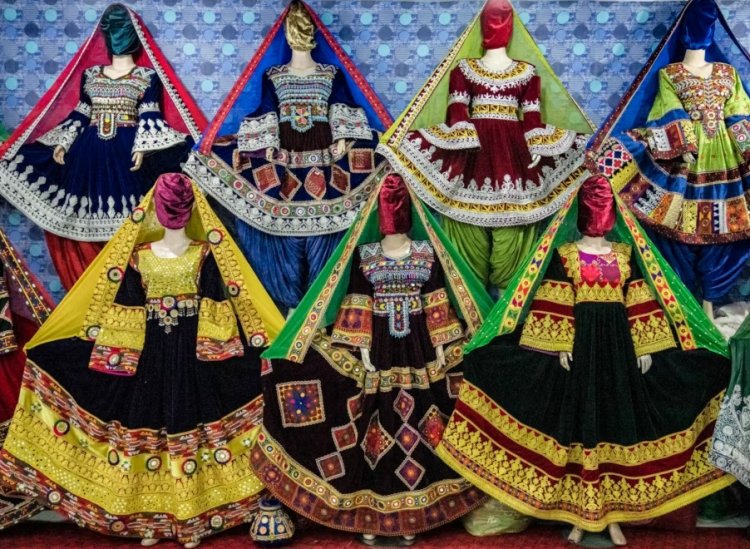
Social media reactions
Surprisingly, the post caught the attention of many on Twitter, with one user writing: "Absolutely pathetic."
Another said: "It reflects their vulnerability, Strong men never control others, Rather, they believe in self-control."
A third person said, "But bare arms and neck are fine, right? How paradoxical they are?".
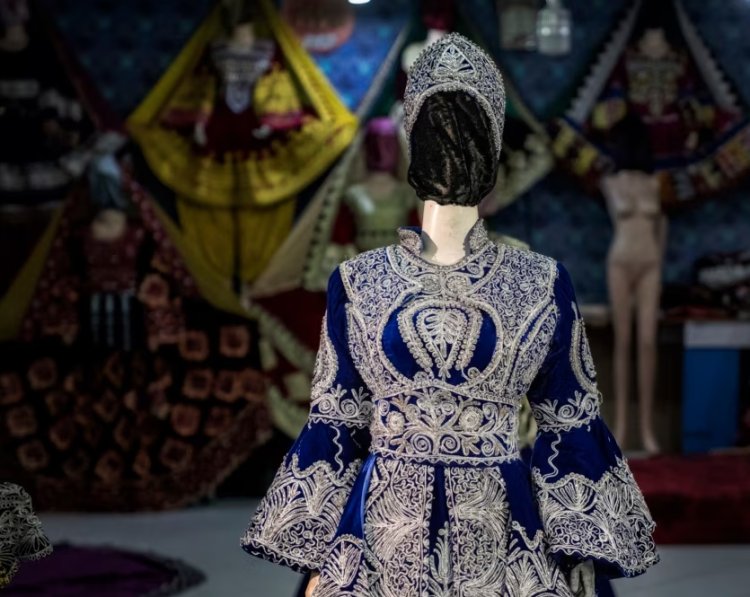
What did the shopkeepers do?
shop owner, Aziz, said agents of the Ministry of Vice and Virtue regularly patrol shops and malls to make sure the mannequins are beheaded or covered. He was dismissive of the Taliban’s justification. “Everyone knows mannequins aren’t idols, and no one’s going to worship them. In all Muslim countries, mannequins are used to display clothes.”
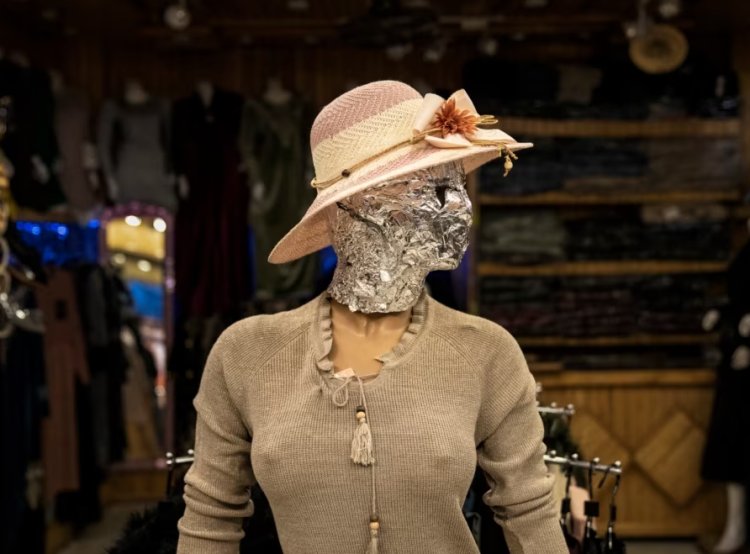
Another shop owner, Hakim, shaped aluminum foil over his mannequins’ heads. “I made an opportunity out of this threat and ban and did it so the mannequins are even more attractive than before,” he said.
The Taliban initially said it would not impose the same harsh rules over society as the group did during its first stint in power in 1996-2001. But it has progressively imposed more restrictions, particularly on women who must cover their faces when outside.
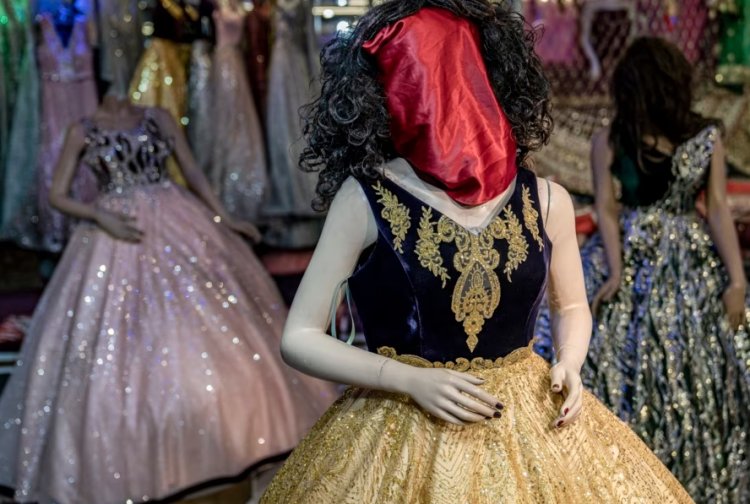


 Shrouq
Shrouq 












